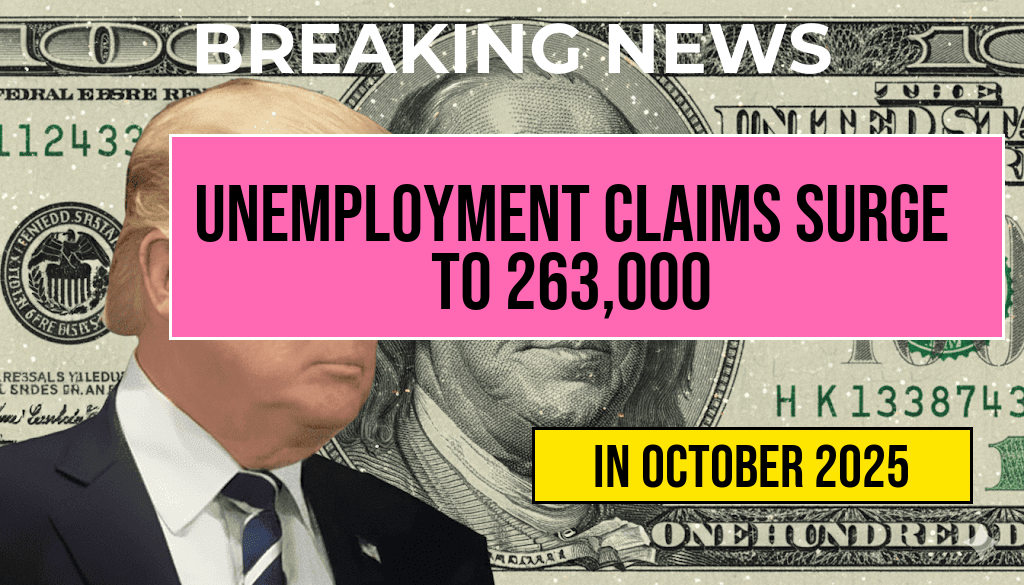In a contentious meeting that highlighted the widening rift between local government and voters, city council members recently voted to postpone the implementation of tipped wage parity until 2034. This decision has drawn sharp criticism from various community groups and advocates for low-wage workers, who argue that the delay undermines the financial stability of those relying on tips to supplement their income. The current minimum wage for tipped workers remains at $10 per hour, a figure that many say is insufficient to meet living costs in the area. As the debate continues, the implications of this decision could reverberate through the local economy, affecting not only tipped workers but also businesses that depend on a stable workforce.
Background on Tipped Wage Parity
Tipped wage parity refers to the practice of equalizing the minimum wage for tipped employees with that of standard minimum wage workers. Advocates argue that this equality is necessary to ensure fair compensation, especially in industries like hospitality where tips can significantly impact earnings.
Current Legislative Landscape
The city council’s recent decision came after months of discussions surrounding a proposed measure that sought to phase in parity by 2026. The postponement to 2034 has left many workers and advocates frustrated, as they feel it delays essential reforms that would provide financial relief to those in precarious employment situations.
- Advocates for Change: Organizations such as the National Employment Law Project (NELP) support tipped wage parity, citing studies that demonstrate improved economic outcomes for workers.
- Opposition Voices: Some local business owners argue that increasing the minimum wage for tipped employees would lead to higher prices for consumers and could potentially reduce employment opportunities.
Economic Implications of the $10 Minimum Wage
The current minimum wage for tipped workers at $10 per hour has raised concerns among economists and labor advocates. With inflation and the rising cost of living, many argue that this wage is inadequate for workers trying to support themselves and their families.
| Category | Current Minimum Wage | Recommended Living Wage |
|---|---|---|
| Tipped Workers | $10.00 | $15.00 |
| Non-Tipped Workers | $15.00 | $20.00 |
Community Reaction
The decision to delay tipped wage parity has sparked protests and organized efforts from local advocacy groups. Many residents are expected to voice their concerns at upcoming city council meetings, calling for a reevaluation of the council’s stance on wages and workplace rights. The discontent reflects a broader national conversation about wage equity and workers’ rights, as cities across the country grapple with similar issues.
Potential Outcomes and Future Considerations
The council’s decision could have several potential outcomes for both workers and businesses. For employees, the delay in wage reform may mean continued financial strain, particularly in the hospitality and service sectors where tips constitute a significant portion of income. On the other hand, businesses may face increased pressure to adjust their pay structures as the cost of living continues to rise.
- Worker Advocacy: Organizations may ramp up their efforts to mobilize voters and influence future council decisions.
- Business Adjustments: Some businesses may voluntarily increase wages to attract and retain employees amid ongoing labor shortages.
Looking Ahead
As the city approaches the next election cycle, the issue of tipped wage parity is likely to remain a focal point for voters. Candidates may be compelled to address this contentious topic, as public opinion increasingly favors wage reform. With the implications of the $10 minimum wage resonating throughout the community, the conversation about fair pay will continue to evolve.
For more information on wage policies and their impact, readers can refer to [Forbes](https://www.forbes.com) and [National Employment Law Project](https://www.nelp.org).
Frequently Asked Questions
What is the current status of the tipped wage parity implementation?
The tipped wage parity has been delayed until 2034, which means that the proposed changes to ensure better compensation for tipped workers will not be enacted for several more years.
How does the delay in tipped wage parity affect workers?
The delay in tipped wage parity means that many workers who rely on tips will continue to earn a lower minimum wage, impacting their overall paychecks and financial stability.
What is the proposed $10 minimum wage about?
The proposed $10 minimum wage is part of a broader effort to ensure that all workers receive a fair base salary, but its implementation is also affected by the ongoing discussions around tipped wage parity.
What are the implications of the current wage policies for voters?
The current wage policies, particularly the delay of tipped wage parity, have sparked significant concern among voters about the fairness and sustainability of income for service workers, leading to potential clashes with the council.
When can we expect changes to the tipped wage system?
Changes to the tipped wage system are not expected until 2034, which raises questions about the effectiveness of current policies and the long-term impact on service industry employees.










